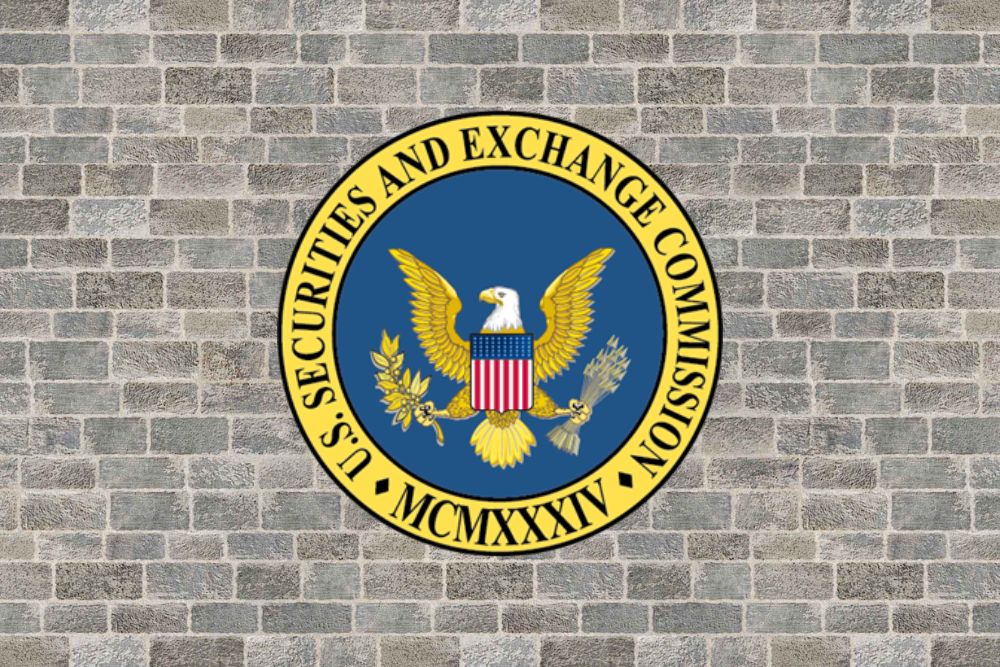

In a significant move toward unified cryptocurrency regulation, the U.S. Securities and Exchange Commission (SEC) and the Commodity Futures Trading Commission (CFTC) are reportedly exploring enhanced collaboration. According to Cointelegraph, discussions are underway to reactivate the CFTC-SEC Joint Advisory Committee, established in 2010 to address emerging regulatory issues but inactive since 2014. This initiative aims to provide a cohesive framework for overseeing the rapidly evolving digital asset landscape.
The reactivation of the Joint Advisory Committee signifies a pivotal step toward harmonizing regulatory approaches between the SEC and CFTC. Historically, the SEC has classified certain digital assets as securities, subjecting them to stringent regulatory requirements, while the CFTC has treated others as commodities, leading to a fragmented regulatory environment. A unified committee could streamline oversight, reduce regulatory arbitrage, and provide clearer guidance to industry participants.
One of the most closely watched legal battles in the crypto landscape is the SEC’s lawsuit against Ripple Labs. The SEC alleges the company conducted an unregistered securities offering by selling XRP tokens. Ripple has countered, asserting that XRP should be classified as a commodity under the CFTC’s jurisdiction.
Enhanced cooperation between the SEC and CFTC could lead to a more consistent regulatory framework, potentially influencing the outcome of this case and setting a precedent for how similar cases are handled in the future.
Beyond the Ripple case, a collaborative regulatory approach could have far-reaching effects on other high-profile cases and the broader crypto industry. Coinbase and Kraken have faced regulatory scrutiny due to the SEC’s enforcement actions. A joint regulatory framework could provide clearer compliance guidelines, reduce legal uncertainties, and foster innovation within the industry.
The potential reactivation of the CFTC-SEC Joint Advisory Committee marks a significant development in U.S. cryptocurrency regulation. By fostering collaboration between the two primary regulatory bodies overseeing digital assets, this move could lead to a more coherent and supportive regulatory environment. Such a framework would clarify compliance requirements for industry participants and bolster investor protection and market integrity as the digital asset landscape develops.
Disclaimer: This content is meant to inform and should not be considered financial advice. The views expressed in this article may include the author’s personal opinions and do not represent Times Tabloid’s opinion. Readers are urged to do in-depth research before making any investment decisions. Any action taken by the reader is strictly at their own risk. Times Tabloid is not responsible for any financial losses.
Follow us on Twitter, Facebook, Telegram, and Google News
RCO Finance (RCOF), Rexas Finance (RXS), and FloppyPepe (FPPE) are emerging as the 3 best…
HexyDog (HEXY) has made waves in the crypto presale market by raising over $400,000. This…
Investor focus on high-potential altcoins prompts an essential question about where $100 will generate its…
The prospect of XRP reaching a price point of $100 has been a topic of…
The price performance of Shiba Inu has been marked by volatility over recent months. While…
Japanese users now have a new and convenient way to access XRP, thanks to its…